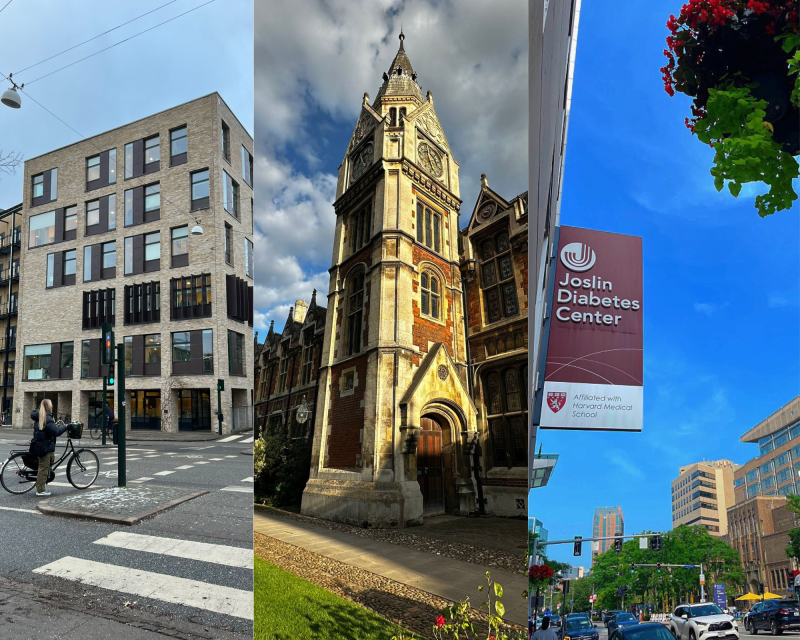
Updates from around the world! Second Year of Master in Nutrition Science (Part 2)
You might have heard a couple times from the last posts, our second year can be very different and all over the world. We have the option to choose to do an exchange semester, free-standing courses, internships at companies, and many other options. As promised here is the second part of my classmate’s stories and tips that might help for your own journey. Check out Part 1 to read the stories of Rui, Gabriela, & Alessandra. But without further ado here are Tifanny, Nicolas, and Dimitra!
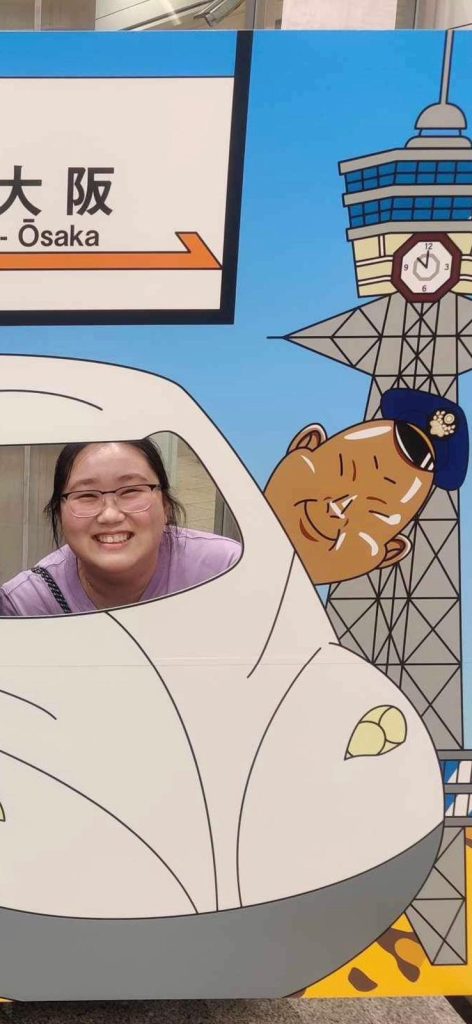
Tiffany (Boston, USA) started out with a bachelor’s in Nutrition and Food Science with a minor in Global Health in her home country Canada. In her free time, she likes to play badminton and scuba diving. In the winter months, she enjoys snowboarding but right now her favourite activity is exploring Boston on the weekends.
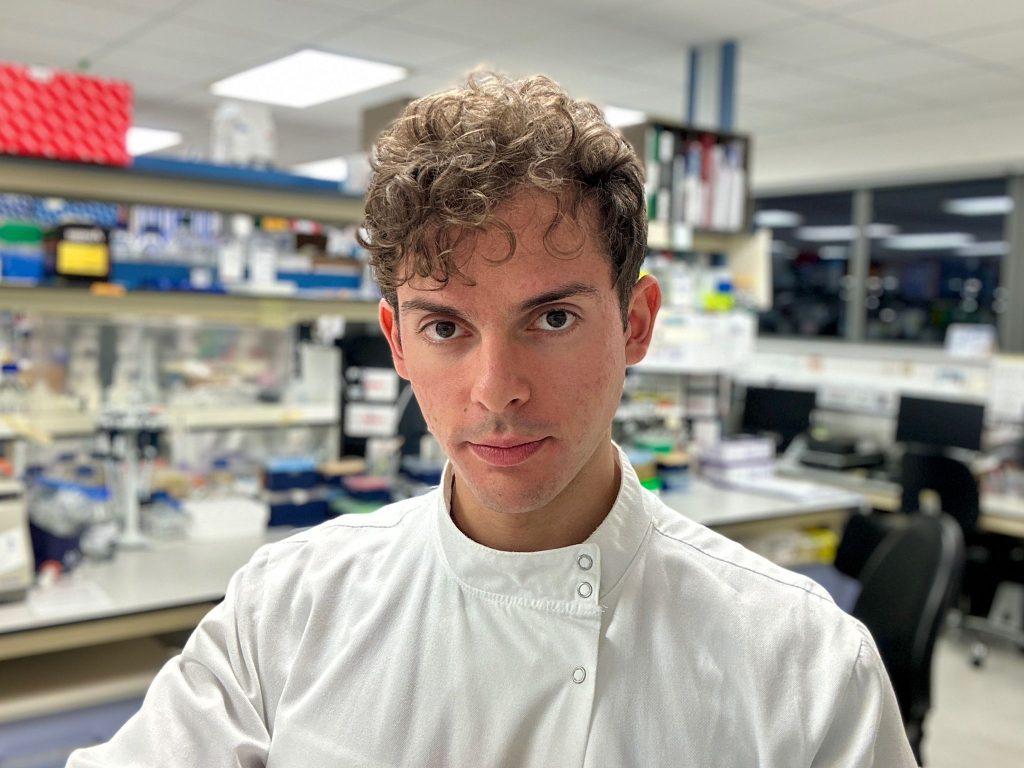
Nicolas (Cambridge, UK), originally from Senigallia in Italy, used to study Nutritional Biology. For his bachelor thesis, he investigated therapeutic targets for cardiometabolic diseases. During his time in Stockholm, he worked part-time in a lab. When he is not in the lab he enjoys going to the gym, and playing League of Legends and Diablo with his friends.
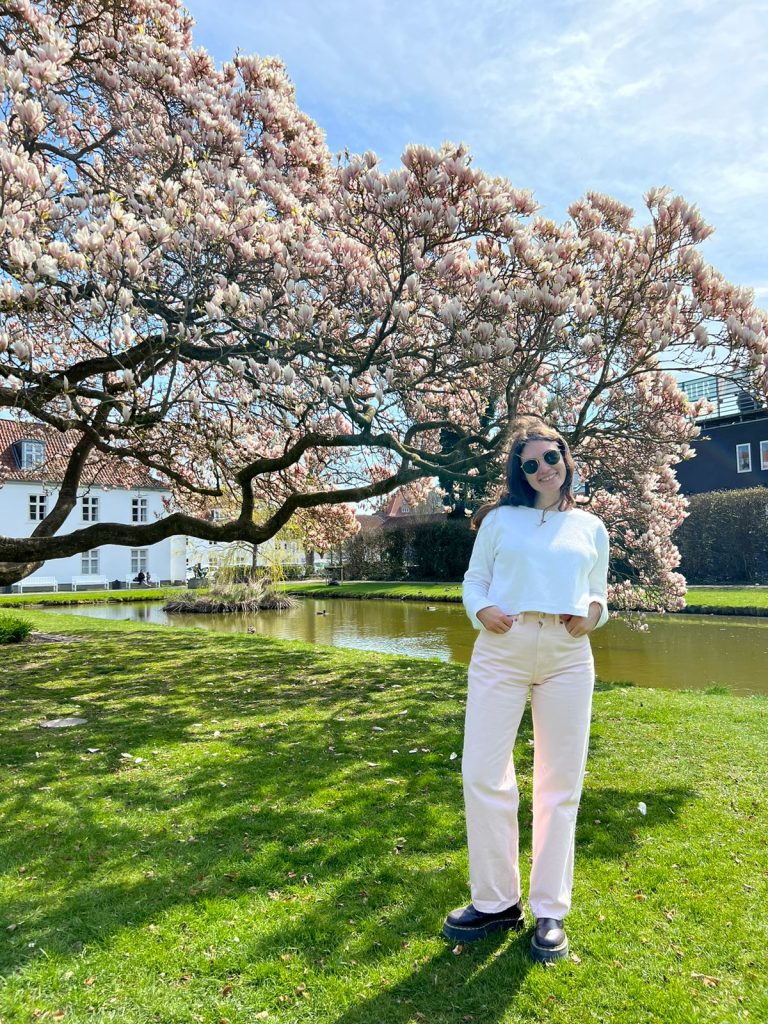
Dimitra (Copenhagen, DK) enjoys exploring new places, hiking around nature, and traveling across countries. When the weather does not allow outdoor activities reading books or watching movies are part of her favourite activities. She was born in Greece and studied there Nutrition and Dietetics before coming to Stockholm.
What are you doing this year?
Tiffany
I am currently doing my thesis at the Joslin Diabetes Centre in the US on the effect of exercise on patients with type 2 diabetes.
Nicolas
I chose to do the whole second year abroad working on my thesis and doing practical lab work. In my mind, it makes little sense to do courses and study things that you could easily study at home in your spare time, while you could be exploiting facilities (labs) and working towards publishing papers, which are the deal breakers for your academic career and are things that you could definitely not do by your own at home.
The place I picked is the Institute of Metabolic Science at the University of Cambridge, in Prof. Sir Stephen O’Rahilly’s group.
Dimitra
I am now doing an exchange thesis focusing on Microbiome at the University of Kopenhagen
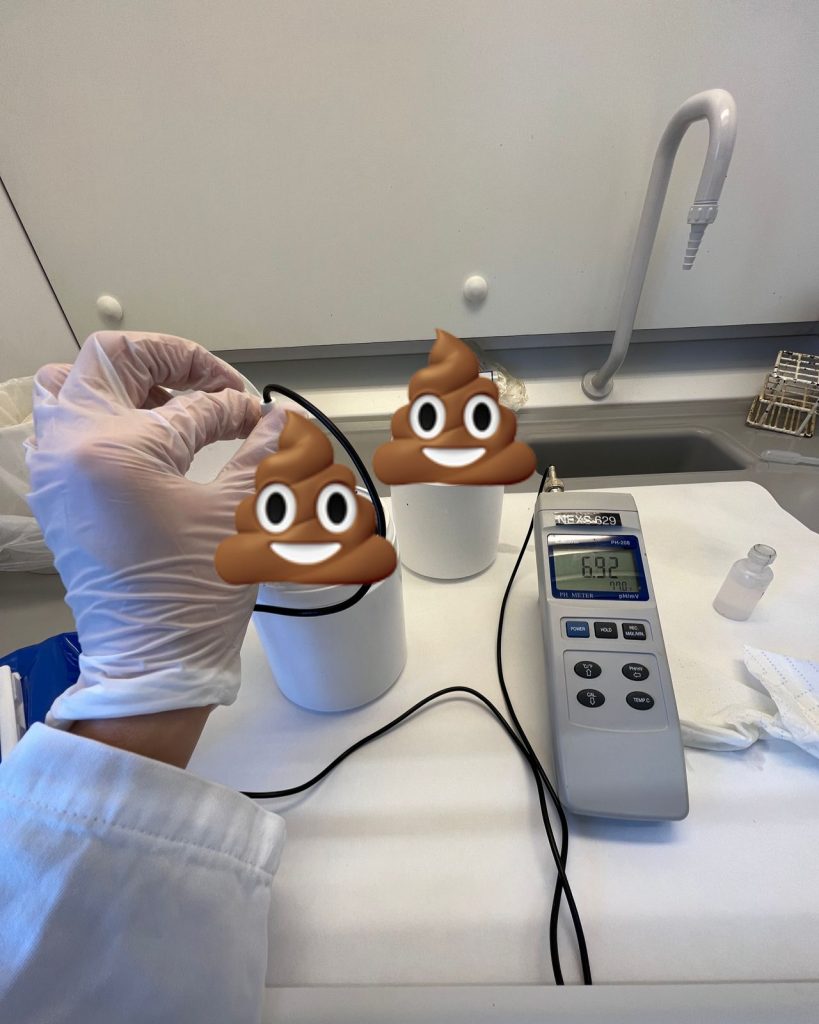
How is it going so far?
Tiffany
It’s fast paced and fulfilling, but so far so good. I am getting lots of hands-on experience on clinical work and wet lab. Other than human studies, I’m also working on an animal study, so I am getting the necessary trainings done while working on it.
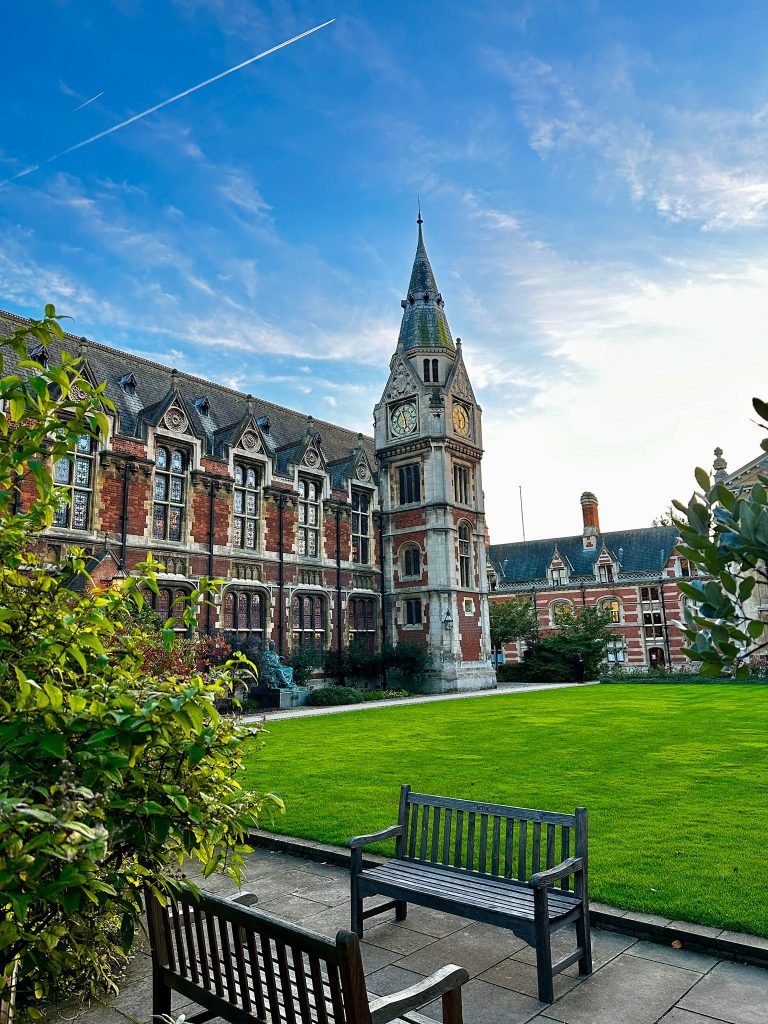
Nicolas
It is great. Cambridge is amazing in so many aspects:
The weather is orders of magnitude better than in Stockholm and actually not that different than Italy so far. The city is small and you can get everywhere by bike in minutes (and you don’t get frost-bites in doing so). It is also extremely aesthetic with the old buildings and their architecture and the Harry Potter-like colleges and gardens.
My research group is top-notch: my PI is super influential and at the same time super kind and available. My supervisor is very knowledgeable, productive and kind as well.
Dimitra
I love it! The lab and my colleagues are amazing. The project is also very interesting and I have the chance to learn a lot.
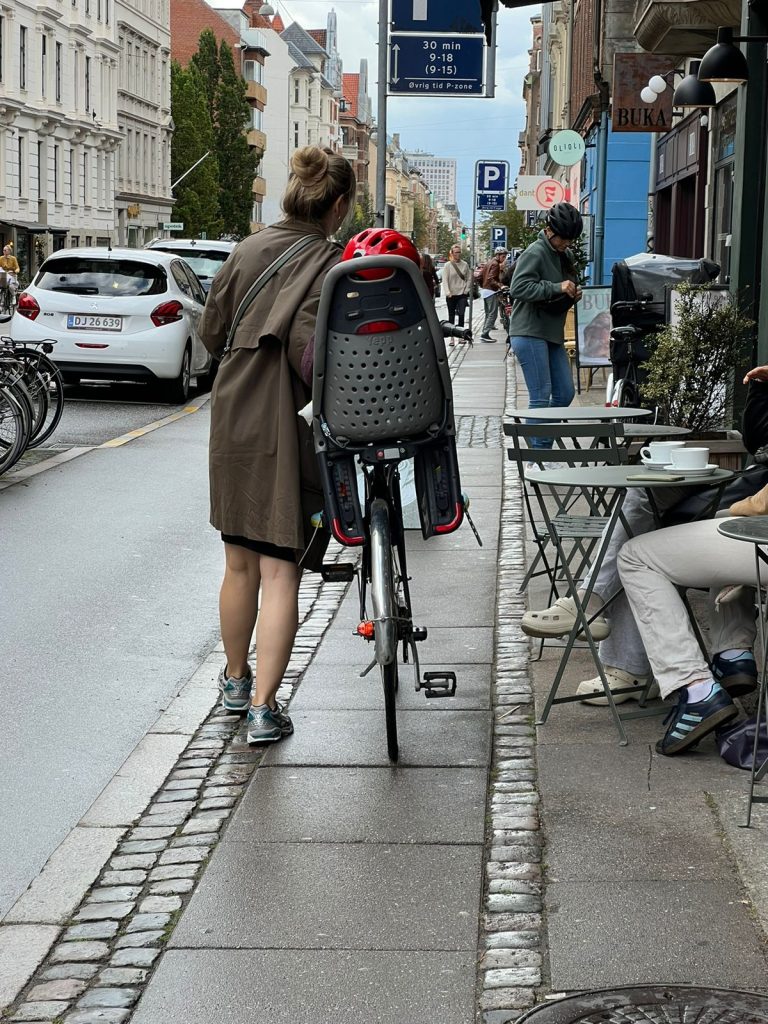
Did you encounter any difficulties?
Tiffany
This is not a serious one, but it was so hard to find a housing option that’s close to the centre and affordable at the same time for me. Housing in Boston is so expensive.
Nicolas
There are some above-average problems regarding reaching the UK post-Brexit, specifically getting the Erasmus+ grant and the whole Visa thing. Nothing that couldn’t be fixed in a couple of working hours though. Besides that, Cambridge is the second most expensive city in the UK and of course the cost of living including rent is abysmal even when getting into colleges, but it is what it is. Considering that as an Erasmus/Exchange student you don’t pay tuition fees while having the chance to take advantage of basically everything, I think it’s still a very good bang for your buck.
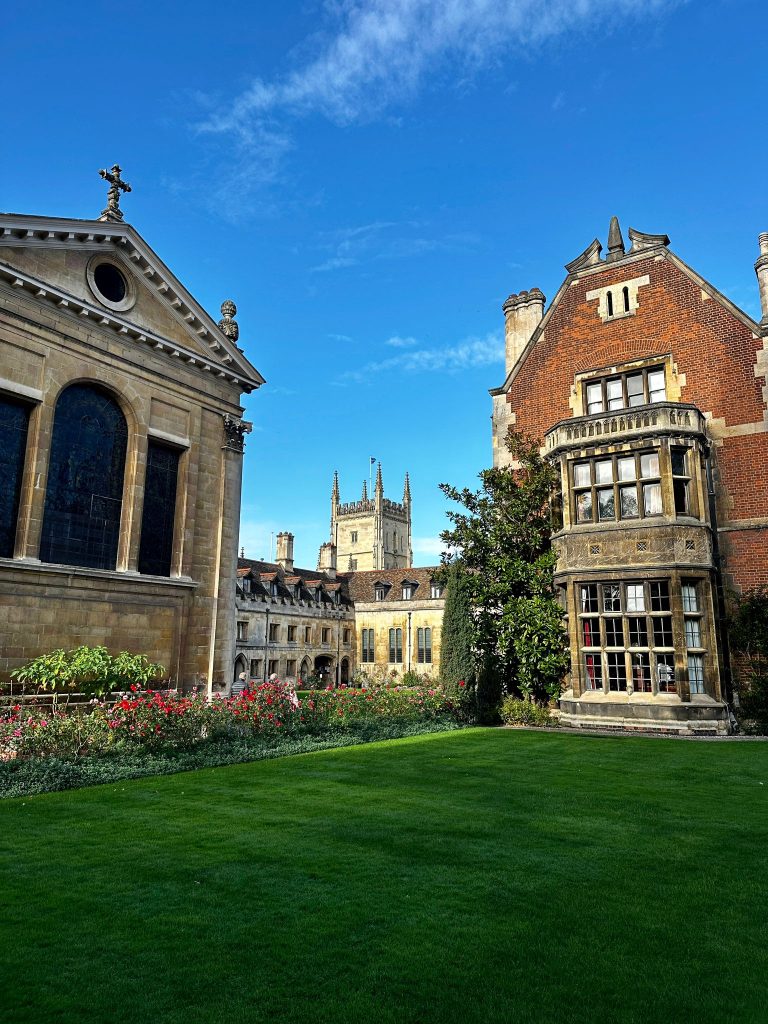
Dimitra
No, not really. The only hurdle was finding a place in Kopenhagen but if you start early it is not that big of a problem.
How did you find your thesis spot and get in contact?
Tiffany
I just started by going through the Joslin website, and I found my current lab, I went through the papers that they have published on PubMed and thought this is something that I’m interested in. So, I emailed the head of the lab and scheduled an interview with her online. During the interview, she asked me about what I was interested in and what I wanted to get out of this experience. Fortunately, she was able to connect me with someone in the lab who’s working on some projects in my area of interest. I had another interview with this person, who is my current supervisor, and it all started from there.
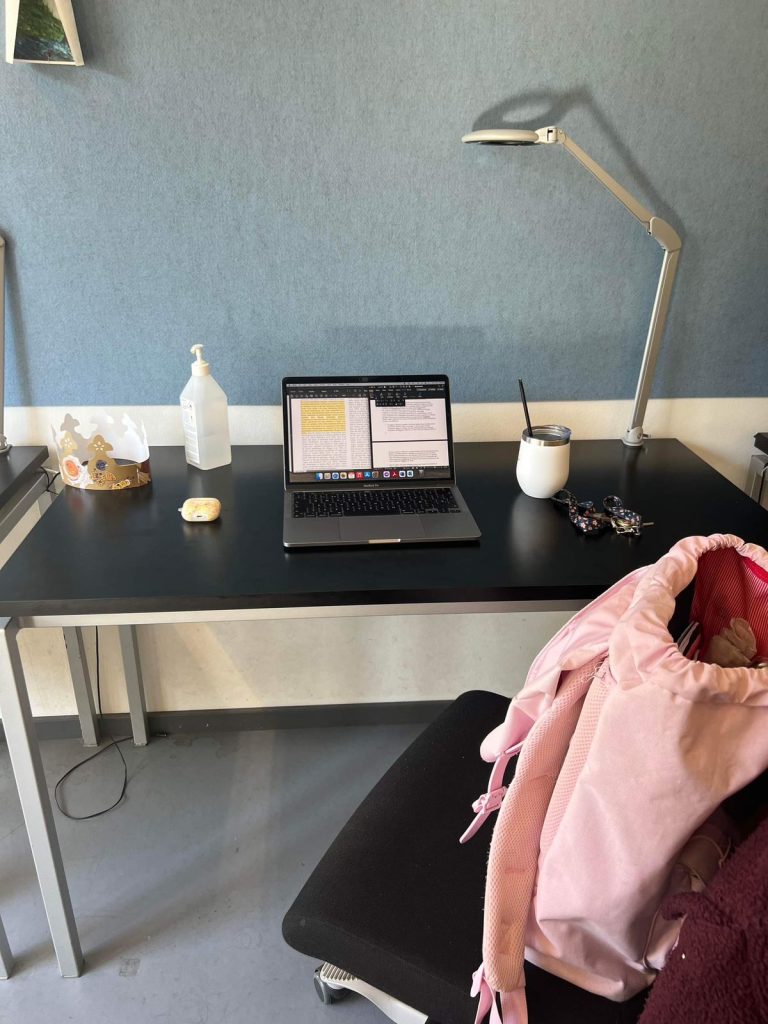
Nicolas
Googling around I found the Institute, then I wrote to the director, we had a meeting and he just so happened to like me and invite me on board. Of course, the fact that I had ample experience in biomedical labs, publication(s) reference letters, funding and a long period of time available helped in his decision.
Dimitra
Firstly, I searched for the field that I was interested on the universities’ sites, I emailed the head professors saying little things about me and what I wanted to do requesting an interview.
How was the application procedure?
Dimitra
At first, it was difficult mainly because I wasn’t getting any answers to my emails. However, after I sent the reminders the procedure got easier as interviews got scheduled and I got to know more things about the projects they offered.
Do you have any tips for incoming students regarding the second year?
Tiffany
I would say start early, and maybe try to find a few different areas that you’re interested in and start sending out emails to professors as soon as possible. Don’t limit your options at the beginning of the search, you can always narrow down to your final choice after receiving a few offers. Do follow up with your emails if you don’t hear anything back from them, professors are busy and they get a lot of emails every day, so remind them if they don’t reply.
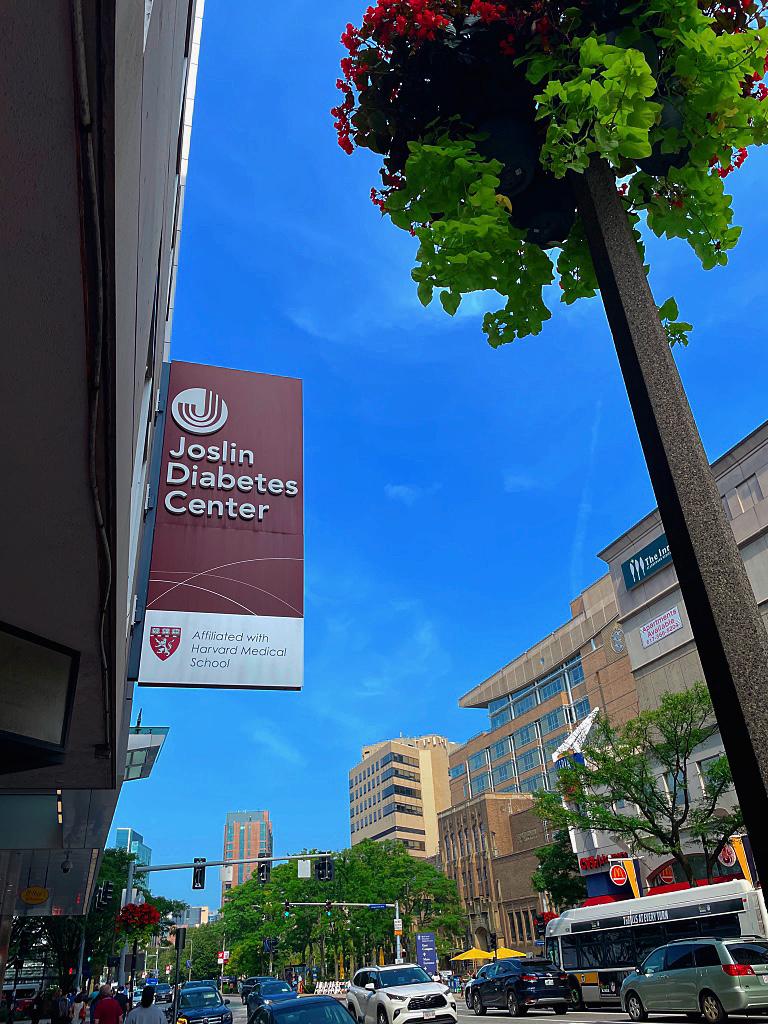
Nicolas
These tips apply to people wanting to join biomedical labs interested in continuing onto a PhD.
To begin with, this paragraph applies to all the bachelor students looking to start a master’s, because to guarantee success in your second year you have to start working hard very early. Make sure to always overdeliver and stupefy. Do volunteering, become a student representative, participate in conferences, put yourself in uncomfortable situations and for your thesis make sure to join a good lab abroad (this may require hundreds of emails and tens of hours spent researching on Google). Become the hardest working person in the lab, work on weekends and for as many hours as necessary. This unabating work ethic and dedication while being just an unpaid bachelor student will bolster your chances of getting a nice reference letter and if you are lucky also a publication in your name.
What I suggest is to make sure to find yourself a part-time (paid or unpaid) job as some kind of research assistant in a lab in KI to do alongside the lectures in the first year. Just reach out to professors (as soon as you know you are accepted so around April/May) expressing your interest in working in their lab, gaining experience and acquiring some know-how, and if you have done your due diligence depicted in the paragraph above, you will find a place in no time.
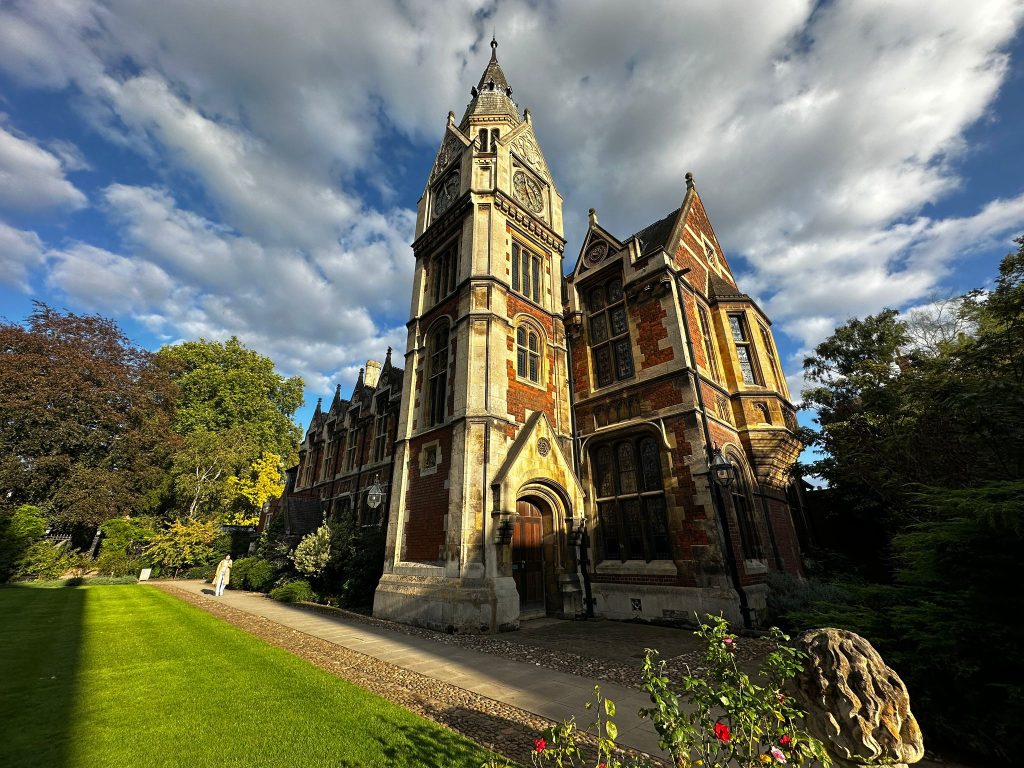
As soon as the first year starts, perhaps a couple of months later around Halloween, before anyone else, start to look for places to go to for your master’s thesis. So start by cold-emailing professors you are interested in, send reminders if they don’t respond, and do that end on end until you have some alternatives from which to pick. This step should be pretty easy if you have done the above.
During your second year abroad, go back and start over from the first paragraph X).
The goals in this, but also in all the other steps are: (1) get at least one publication (this will make your life so much easier if you want to continue in academia with a PhD). (2) grow your network with the new people in the new place you are now living and (3) have some (not too much) fun and enjoy the last years of your life as a student. Things are going to get worse and worse, but you should be excited about it!
If you have found these tips useful and you feel you have gained something out of them, let me know! Also, if you want further help on subtopics like how to cold-email professors, how to apply for grants and stuff, feel free to reach out to me on LinkedIn
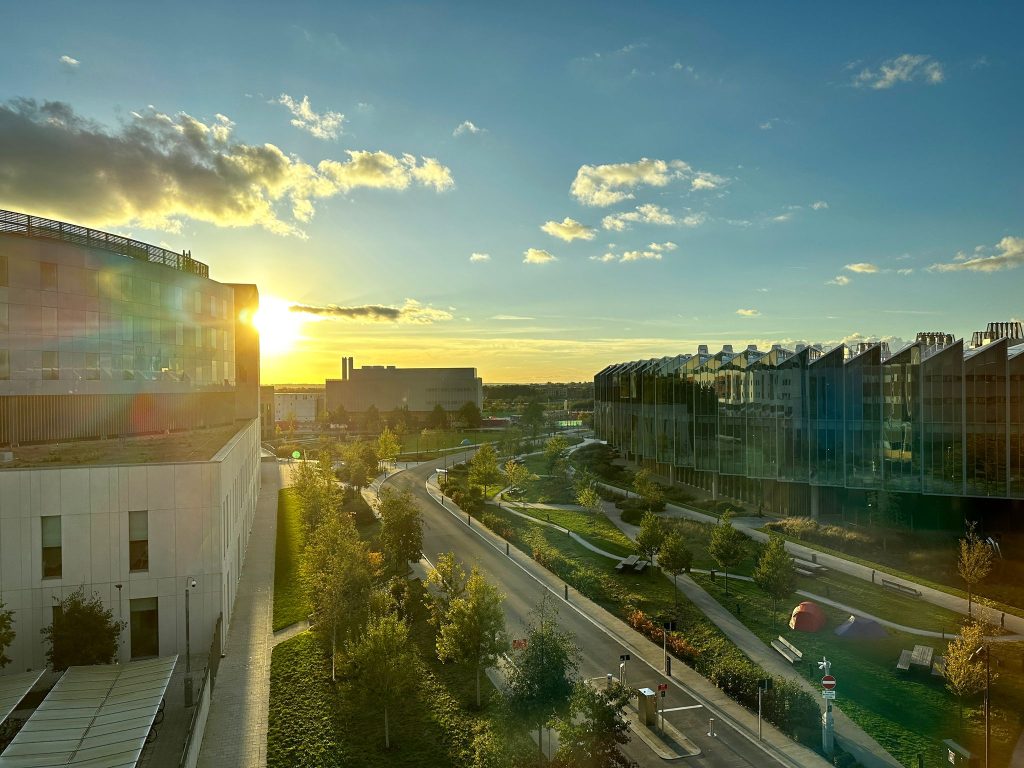
Dimitra
Firstly, try to have a good idea of what you want to study during your thesis (is it public health- meaning something more theoretical or more laboratory -more practical?) and try to find some time to search for the lab/company/team you want to join. Typically, the university websites are the best way to do that (as they provide a good idea of what every lab study), however another way to do that would be to contact current professors or invited lecturers to help you find a project close to your preferences.
Secondly, I would say that the first person to send an email (when asking for a thesis project) should be the P.I. and not the PhD student, as they know better if the lab/team can have graduate students and if yes, which PhD student to assign their supervision to.
Have your academic CV ready!!
Finally, festive periods (like Xmas) are not the best time to send emails as many people are on vacation and they don’t regularly check their emails, however, don’t be upset if you don’t get an immediate response! Be prepared to send a lot of reminders
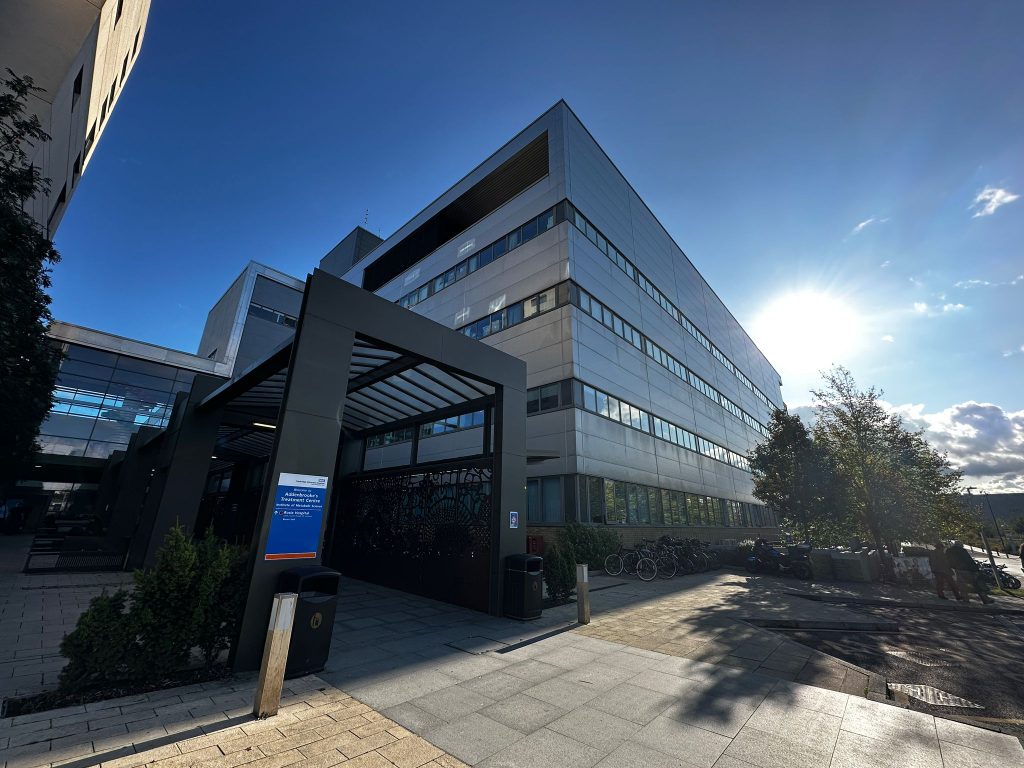
I hope this insight helped you to have an idea what you could do in the second year. Always check with the official websites since our program could change or new options become available.
If you have any questions feel free to reach out to me via email or by commenting down below!
-Tade

Tade - Nutrition Science
I am Tade. I am Nigerian/German and the blogger for the Master’s Programme in Nutrition Science. Before KI, I was studying in the Netherlands. My whole life I was interested in food and sports, and that is why I decided to study nutrition. When I learned about KIs group-focused teaching and the international environment I knew where I wanted to go. When I am not exploring or trying different foods I am playing basketball in Solna. If you are ever up for the challenge, you know where to find me!

0 comments